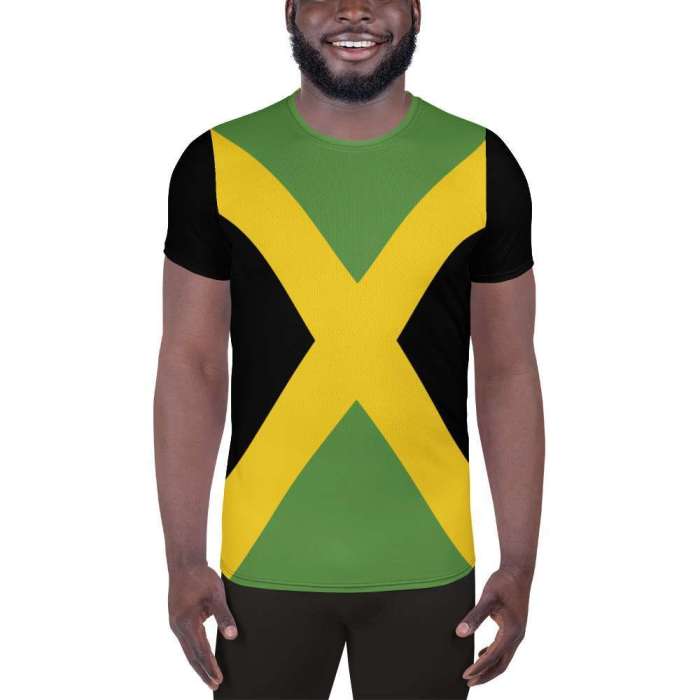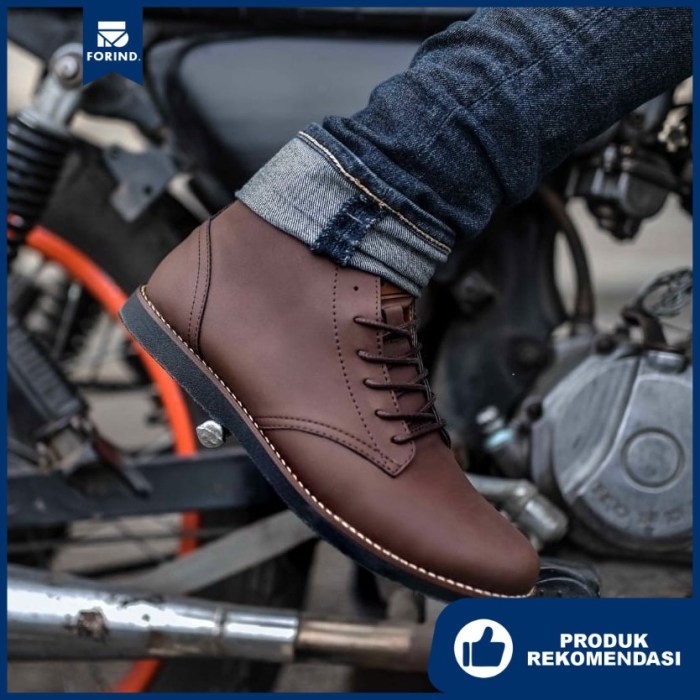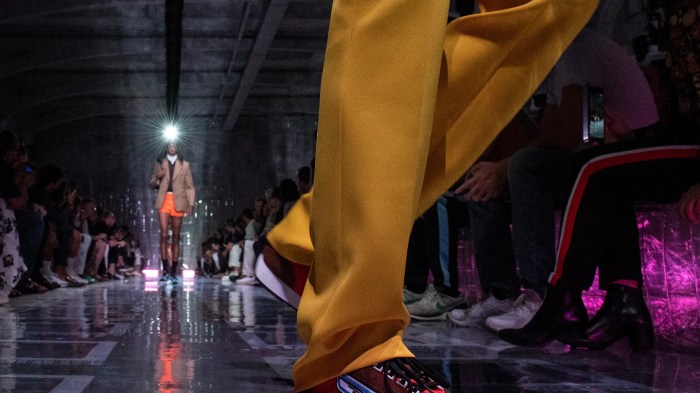Outerwear Trends
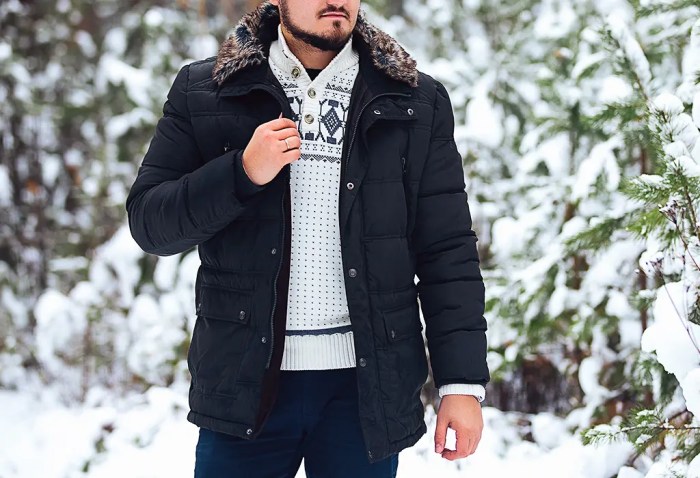
Source: realmenrealstyle.com
Winter fashion style for men – Choosing the right outerwear is crucial for staying warm and stylish during the winter months. This section will explore the most popular outerwear styles, compare their functionality, and detail the features essential for extreme cold.
Popular Men’s Winter Outerwear Styles
This winter season sees a resurgence of classic styles alongside innovative designs. Parkas, puffer jackets, and peacoats remain popular choices, each offering unique benefits.
Comparing Parkas, Puffer Jackets, and Peacoats
Parkas, known for their durability and warmth, often feature a hood and multiple pockets. Puffer jackets, filled with down or synthetic insulation, prioritize lightweight warmth. Peacoats, traditionally made from wool, offer a more sophisticated and tailored look, ideal for milder winter days. While parkas excel in extreme cold, puffer jackets offer a balance of warmth and portability, and peacoats are best suited for less harsh conditions.
Key Features of Extreme Cold Weather Coats
A coat designed for extreme cold requires specific features. These include high-quality insulation (down or synthetic), a water-resistant or waterproof outer shell, a well-insulated hood, and windproof construction. Longer lengths provide additional coverage and warmth.
Outerwear Style Comparison
| Style | Warmth | Water Resistance | Style |
|---|---|---|---|
| Parka | High | High (often waterproof) | Functional, rugged |
| Down Jacket | High | Moderate to High (depending on outer shell) | Lightweight, versatile |
| Leather Jacket | Low to Moderate | Low | Stylish, classic |
Layering Techniques
Effective layering is key to staying comfortable and stylish in winter. This involves selecting garments that work together to trap body heat and provide protection from the elements. Different layering combinations are suitable for various weather conditions and occasions.
Step-by-Step Layering Guide
A typical layering system consists of three to four layers: a base layer (wicking material), a mid-layer (insulation), an outer layer (protection from wind and rain), and optionally, a fourth layer (added warmth). Adjust the number and type of layers based on the temperature and activity level.
Layering Combinations for Different Occasions
A casual outfit might involve a thermal undershirt, a flannel shirt, a fleece jacket, and a denim jacket. A formal outfit could consist of a merino wool base layer, a sweater, a blazer, and a wool overcoat. An athletic outfit could utilize performance base layers, a fleece or down jacket, and a windproof shell.
Ideal Layering Order for a Cold Winter Day
- Base Layer: Thermal underwear (long-sleeved shirt and long underwear)
- Mid-Layer: Fleece jacket or sweater
- Outer Layer: Waterproof and windproof parka or jacket
Essential Winter Accessories: Winter Fashion Style For Men
Winter accessories are not merely stylistic additions; they play a vital role in keeping you warm and comfortable. Choosing the right accessories can elevate your winter outfit and protect you from the elements.
Winter fashion for men often involves layering for warmth and style. Finding the right balance between practicality and trendiness can be a challenge, but resources like the subreddit r mens fashion offer a wealth of inspiration and advice. From stylish outerwear to comfortable base layers, understanding current trends helps create a sophisticated winter wardrobe.
Five Essential Winter Accessories
Five essential winter accessories include a warm scarf, gloves or mittens, a hat, a quality winter scarf, and a sturdy pair of boots.
Styles and Materials of Winter Accessories
Scarves can be made from wool, cashmere, or fleece, offering varying degrees of warmth and style. Gloves come in leather, wool, or synthetic materials, each with its own advantages. Hats can be beanies, trappers, or newsboy caps, providing protection from cold and wind.
Enhancing a Winter Outfit with Accessories
A well-chosen scarf can add a pop of color or texture to a neutral outfit. Gloves can complement the overall color scheme, while a hat can add a touch of personality. The right accessories can transform a simple outfit into a stylish ensemble.
Visual Representation of a Stylish Winter Outfit
Imagine a man dressed in a charcoal grey wool overcoat, a navy blue turtleneck sweater, dark wash jeans, and brown leather boots. A chunky knit scarf in a muted green adds a pop of color, while a matching beanie completes the look. Leather gloves in a dark brown hue provide a sophisticated touch, and the overall effect is one of refined warmth and style.
Footwear for Winter
Choosing the right winter boots is essential for comfort and protection from the elements. This section will compare different types of winter boots and highlight key features to consider when making your selection.
Comparing Types of Winter Boots
Leather boots offer a classic look and good durability, but may lack the waterproofing of snow boots. Snow boots are specifically designed for snowy and icy conditions, prioritizing insulation and traction. Hiking boots, designed for outdoor activities, offer excellent support and durability but may not be as stylish for everyday wear.
Key Features of Winter Footwear
When selecting winter footwear, consider waterproofing to keep your feet dry, insulation to maintain warmth, and traction to prevent slips and falls. A comfortable fit is also crucial for all-day wear.
Outfits that Pair Well with Different Winter Boots
Leather boots pair well with jeans, chinos, and even tailored trousers for a more sophisticated look. Snow boots are best suited for casual wear, such as with jeans or sweatpants. Hiking boots can be paired with outdoor clothing, such as hiking pants or cargo pants.
Winter Boot Comparison

Source: gq.com
| Boot Type | Warmth | Durability | Style |
|---|---|---|---|
| Leather Boots | Moderate | High | Classic, versatile |
| Snow Boots | High | Moderate | Functional, casual |
| Hiking Boots | Moderate to High | High | Rugged, outdoorsy |
Winter Colors and Patterns
The color palette and patterns you choose can significantly impact the overall look and feel of your winter outfits. This section explores popular color combinations and patterns and offers guidance on incorporating them effectively.
Popular Winter Color Palettes and Patterns
Neutral colors like navy, grey, brown, and black are popular choices for winter, providing a versatile base for layering. Earthy tones such as olive green and burgundy add warmth and depth. Subtle patterns, such as herringbone, plaid, and cable knit, can add visual interest without being overwhelming.
Incorporating Colors and Patterns Effectively
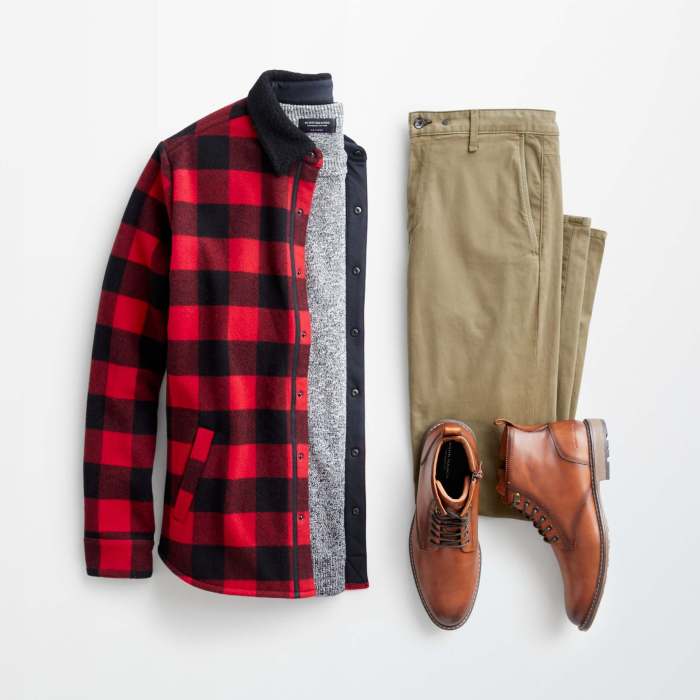
Source: stitchfix.com
Start with a neutral base layer and add pops of color or pattern with accessories like scarves or sweaters. Balance bold patterns with simpler pieces to avoid an overly busy look. Consider the overall tone and mood you want to create with your outfit.
Examples of Successful Color and Pattern Use
A navy blue overcoat paired with a grey turtleneck sweater and dark wash jeans creates a classic and sophisticated look. Adding a plaid scarf in muted tones introduces visual interest without overwhelming the outfit. A burgundy sweater layered over a white shirt and paired with olive green chinos offers a more relaxed but still stylish look.
Stylish and Practical Winter Color Combinations, Winter fashion style for men
- Navy and cream
- Grey and burgundy
- Olive green and brown
- Black and white
Styling Different Body Types
Winter fashion should flatter all body types. This section provides specific clothing recommendations and styling tips for men with different builds, ensuring everyone can look and feel their best.
Dressing for Winter and Flattering Different Body Types
The key is to choose clothing that accentuates your best features and minimizes areas you might want to downplay. Vertical lines create a lengthening effect, while well-placed details can draw attention to your strengths.
Clothing Recommendations and Styling Tips
Tall and slim men can benefit from layering to add bulk and visual interest. Short and stocky men should focus on vertical lines and avoid overly bulky layers. Athletically built men can showcase their physique with well-fitting clothes that emphasize their shape.
Outfit Examples Tailored to Different Body Types
A tall and slim man might wear a fitted turtleneck, a corduroy blazer, and slim-fit jeans. A short and stocky man could wear a v-neck sweater, dark wash jeans, and a tailored overcoat. An athletically built man might wear a henley shirt, chinos, and a bomber jacket.
Outfit Suggestions by Body Type
| Body Type | Outfit Suggestion |
|---|---|
| Tall and Slim | Fitted turtleneck, corduroy blazer, slim-fit jeans |
| Short and Stocky | V-neck sweater, dark wash jeans, tailored overcoat |
| Athletic Build | Henley shirt, chinos, bomber jacket |
FAQs
What fabrics are best for warmth in winter clothing?
Wool, cashmere, fleece, and down are excellent choices for warmth. Wool offers natural insulation and moisture-wicking properties. Cashmere provides luxurious warmth and softness. Fleece is a synthetic option that’s lightweight and warm. Down is a natural insulator known for its exceptional warmth-to-weight ratio.
How can I protect my clothes from water and snow?
Look for outerwear with water-resistant or waterproof coatings. Consider investing in treated fabrics or using a water repellent spray. For added protection, use an umbrella or waterproof bag.
How often should I clean my winter clothes?
This depends on the garment and how often it’s worn. Generally, it’s best to clean items after several wears, especially if they’ve been exposed to rain or snow. Always follow the care instructions on the garment’s label.
What are some budget-friendly options for winter clothing?
Consider shopping at outlet stores, during seasonal sales, or exploring secondhand options. Layering allows you to get more wear out of less expensive items. Prioritizing durable, classic pieces over trendy items can also save money in the long run.







